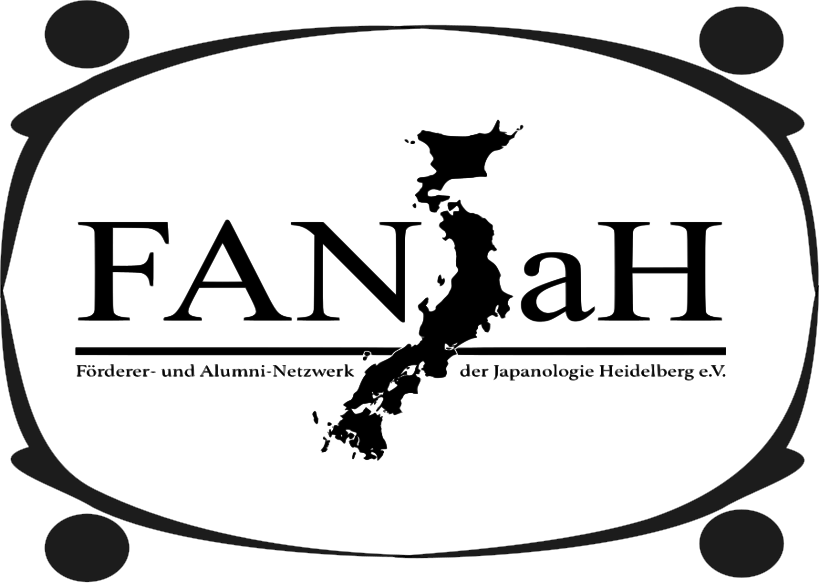Washū - japanische Besonderheiten in der klassisch-chinesischen Dichtung. Ursprung und Rezeption eines Schlüsselbegriffs
Identifiers (Article)
Identifiers (Files)
Abstract
Washū 和習 is a term used in modern Japanese literary studies designating a deviation from the norms of Classical Chinese prose (kanbun) or poetry (kanshi) in vocabulary, grammar or motive resulting from the influence of Japanese language or culture. It was Ogyū Sorai who coined the term in his Bunkai, an appendix to Ken’en zuihitsu, a polemic attack on shortcomings of language in Itō Jinsai’s work. Out of this context Yamamoto Hokuzan adopted the expression to his critique of Sorai and the Ken’en school in his Sakushi shikō. As a technical term in Japanese literary studies characterizing deficient kanshi (as well as kanbun) texts the word initially retained its derogative meaning prefigured in its discursive history. More recent studies presented a re-interpretation of the term. Kojima Noriyuki and Ōtani Masao employ washū to not only mean deviations from a preconceived ideal of Classical Chinese resulting from the influence of the vernacular. The concept is opened up to focus on motivic influences of Japanese culture and on diverging interests of lyrical traditions.
Statistics






